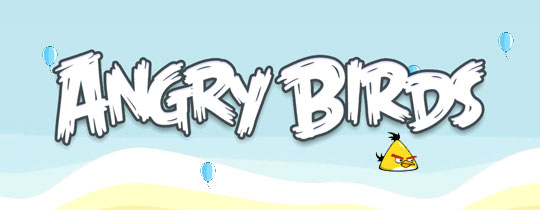Everything changes when you’re keeping score. Take Angry Birds for instance.
Some people look at the above and celebrate their victory. Others, it turns out, only see opportunity to better their score.
What I find fascinating is the time, effort and persistence that people put into this game. It’s not that it returns anything tangible to your life. In fact, it’s not that it’s even a point of pride. Right? Unless, of course, you introduce yourself like this…
“Hi. My name is Kyle Chowning and I’ve achieved three stars on every level of Angry Birds. What’s your name and Angry Bird status?”
Not likely.
But, it begs the question: If keeping score helps you find time, effort and persistence to achieve full potential, how could this play out for the projects or tasks that you’ve been putting off for days, weeks, months or even years?
If you’re one of those people who reads this and decides to give up on Angry Birds because it now represents failure in other areas of your life, you’re missing the point. What it reveals is that given the right set of circumstances, you have what it takes and you will prevail.
We’re trained to take on challenges in certain ways: tradition, culture and preferences tend to guide these paths. What if you approached it like Angry Birds?
- Detail the individual tasks within the challenge(s)
- Start at step one
- Rank your performance based on each tasks potential
- Keep score
- Try again
- Don’t stop until you achieve the best score, i.e., fullest potential
Can you imagine what you would accomplish?
 If you need a jumpstart to helping you define the projects and tasks in your life, I highly recommend the book, Getting Things Done: The Art of Stress-Free Productivity (affiliate link) by David Allen. This book has changed how I approach most of my personal and work related projects and tasks.
If you need a jumpstart to helping you define the projects and tasks in your life, I highly recommend the book, Getting Things Done: The Art of Stress-Free Productivity (affiliate link) by David Allen. This book has changed how I approach most of my personal and work related projects and tasks.

